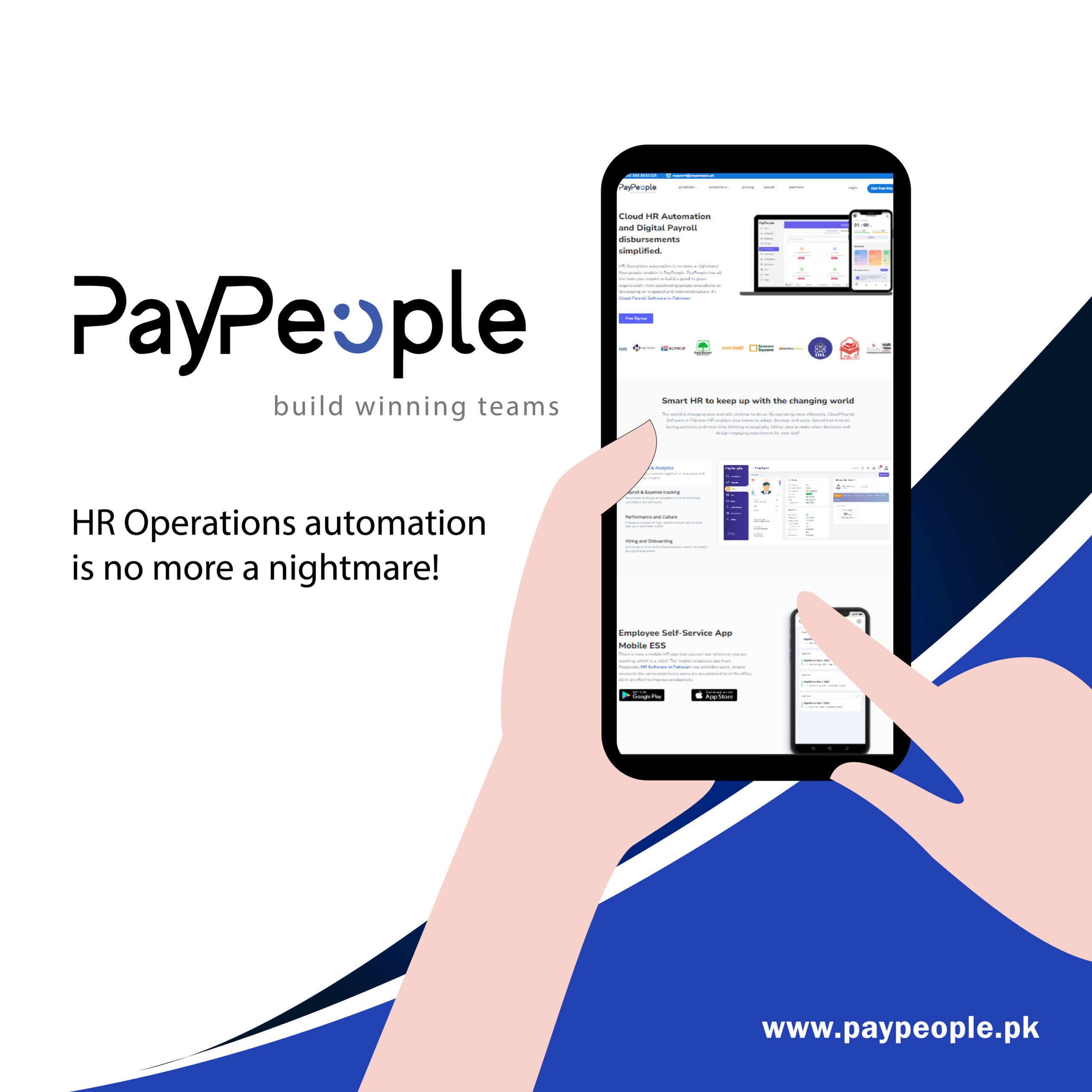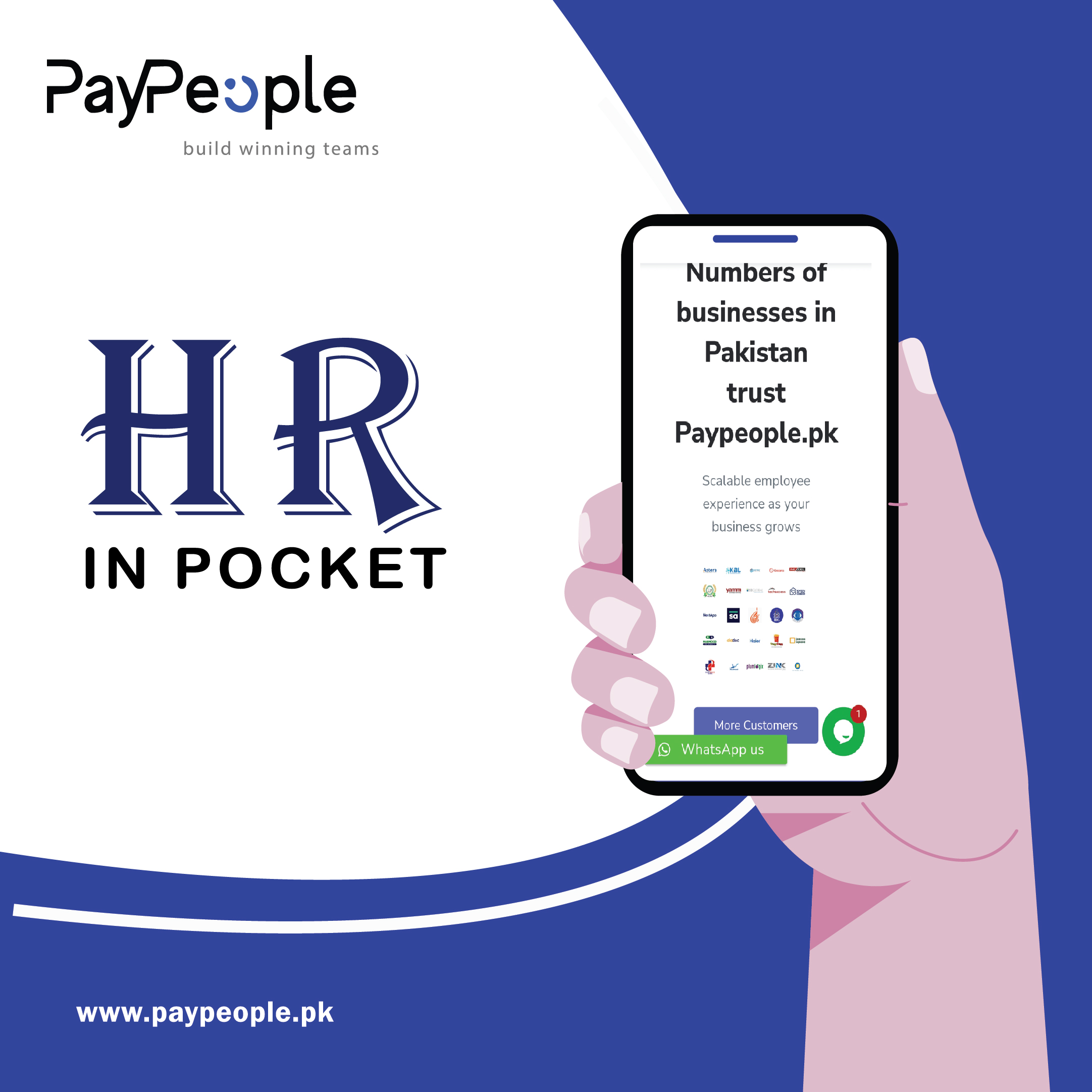Paypeople # 1 is one of the top professional development plan in Pakistan an exciting yet challenging endeavor. In today’s dynamic and competitive professional landscape, individuals face numerous obstacles that can impede their progress. It is essential to proactively implement strategies to address potential challenges and ensure sustained career growth. This article explores a range of effective strategies to overcome obstacles and foster a successful career development path.
Click to Start Whatsapp Chat with Sales
Call #:+923333331225
Email: sales@Paypeople.pk
Paypeople # 1 professional development plan

What strategies you have challenges in professional development plan?
Self-awareness and Goal Setting
A crucial professional development plan for navigating career challenges is self-awareness. Understanding one’s strengths, weaknesses, values, and aspirations provides a solid starting point. Conducting regular self-assessments helps identify areas for improvement and potential roadblocks. Once armed with self-awareness, setting clear and realistic career goals becomes more achievable. These goals serve as a compass, guiding individuals through challenges and uncertainties.
Continuous Learning and Skill Development
The rapid evolution of industries requires professionals to adapt continuously. Staying relevant in the ever-changing job market involves a commitment to lifelong learning. Pursuing additional certifications, attending workshops, and staying informed about industry trends contribute to skill development. A diverse skill set not only enhances employability but also equips individuals to tackle unforeseen challenges with confidence.
Networking and Relationship Building
Building a robust professional development plan network is an invaluable asset in overcoming career challenges. Networking provides access to mentors, advisors, and potential collaborators who can offer guidance during difficult times. Establishing and maintaining positive relationships within and outside the workplace creates a support system that can prove instrumental in navigating obstacles. Networking platforms, industry events, and professional associations are excellent avenues for expanding one’s network.


What strategies you have challenges in professional development plan?
Adaptability and Resilience
In a rapidly changing world, adaptability is a key attribute for career success. Embracing change and HRIS systems to navigate uncertainties with resilience are essential strategies. Whether facing industry shifts, organizational restructuring, or personal setbacks, the ability to adapt ensures that individuals can weather storms and emerge stronger. Cultivating a resilient mindset involves embracing challenges as opportunities for growth and maintaining a positive outlook even in challenging situations.
Effective Time Management
A common obstacle in career development is the overwhelming demand on one’s time. Successful professionals prioritize tasks, set realistic deadlines, and efficiently manage their time. Time management allows individuals to balance competing priorities, allocate sufficient time for skill development, and maintain a healthy work-life balance. By avoiding burnout and ensuring productivity, effective time management contributes to long-term career sustainability.
Embracing Failure as a Learning Opportunity
Failure is an inevitable part of any career journey. Instead of viewing failure as a setback, successful individuals see it as a valuable learning opportunity. Analyzing failures, identifying areas for improvement, and using setbacks as stepping stones toward success are crucial strategies. A healthy Recruitment process on failure fosters resilience, innovation, and a willingness to take calculated risks, all of which contribute to a more robust career trajectory.
Seeking Feedback and Continuous Improvement
Constructive feedback is a powerful tool for personal and professional development. Actively seeking feedback from colleagues, mentors, and supervisors helps identify blind spots and areas for improvement. Embracing a growth mindset involves a commitment to continuous improvement. Regularly reflecting on performance, learning from experiences, and implementing changes based on feedback contribute to ongoing career development and success.
Creating a Personal Brand
In a competitive job market, having a distinct and positive personal brand sets individuals apart. A strong personal brand communicates one’s unique strengths, values, and expertise. Utilizing online platforms, maintaining a professional online presence, and showcasing accomplishments contribute to building a compelling personal brand. A well-defined personal brand not only attracts opportunities but also acts as a shield against potential challenges by emphasizing one’s credibility and expertise.
Conclusion
Navigating obstacles in career development requires a proactive and multifaceted approach. By cultivating self-awareness, continuous learning, and adaptability, individuals can position themselves for success despite challenges. Building a strong professional network, embracing failure, and seeking feedback contribute to resilience and ongoing improvement. Effective time management and the creation of a compelling personal brand further enhance the likelihood of overcoming career hurdles.
In conclusion, a combination of these strategies equips individuals with the tools needed to address potential obstacles in their career development. By adopting these proactive measures, professionals can not only overcome challenges but also thrive in their chosen fields, ensuring a fulfilling and successful career journey.
Click to Start Whatsapp Chat with Sales


Call #:+923333331225
Email: sales@Paypeople.pk
professional development plan
professional development plan
professional development plan
professional development plan
We are one of the best What strategies you have challenges in professional development plan? Price in Pakistan in Azad Kashmir, Bagh, Bhimber, khuiratta, Kotli, Mangla, Mirpur, Muzaffarabad, Plandri, Rawalakot, Punch, Balochistan, Amir Chah, Bazdar, Bela, Bellpat, Bagh, Burj, Chagai, Chah Sandan, Chakku, Chaman, Chhatr, updated on 2024-07-25T21:16:11+00:00 Dalbandin, Dera BugtiBarcode Shop offer lowest What strategies you have challenges in professional development plan? Price Face Recognition in cities Dhana Sar, Diwana, Duki, Dushi, Duzab, Gajar, Gandava, Garhi Khairo, Garruck, Ghazluna, Girdan, Gulistan, Gwadar, Gwash, Hab Chauki, Hameedabad, Harnai, Hinglaj, Hoshab, Ispikan, Jhal, Jhal Jhao, Jhatpat, Jiwani, Kalandi, Kalat, Kamararod, Kanak, Kandi, Kanpur, Kapip, KapparWe can deliver Face Recognition in Karodi, Katuri, Kharan, Khuzdar, Kikki, updated on 2024-07-25T21:16:11+00:00 Kohan, Kohlu, Korak, Lahri, Lasbela, Liari, Loralai, Mach, Mand, Manguchar, Mashki Chah, Maslti, Mastung, Mekhtar, Merui, Mianez, Murgha Kibzai, Musa Khel Bazar, Nagha Kalat, Nal, Naseerabad, Nauroz Kalat, Nur Gamma, Nushki, Nuttal, Ormara, Palantuk, Panjgur, Pasni, Piharak, Pishin, Qamruddin Karez, Qila Abdullah, Qila Ladgasht and this was updated on 2024-07-25T21:16:11+00:00 We also deal with What strategies you have challenges in professional development plan? Price in Qila Safed, Qila Saifullah, Quetta, Rakhni, Robat Thana, Rodkhan, Saindak, Sanjawi, Saruna, Shabaz Kalat, Shahpur, Sharam Jogizai, Shingar, Shorap, Sibi, Sonmiani, Spezand, Spintangi, Sui, Suntsar, Surab, Thalo, Tump, Turbat, Umarao, pirMahal, Uthal, Vitakri, Wadh, Washap, Wasjuk, Yakmach, Zhob, Federally Administered Northern Areas/FANAWe are already sent Face Recognition to these places – Astor, updated on 2024-07-25T21:16:11+00:00 Baramula, Hunza, Gilgit, Nagar, Skardu, Shangrila, Shandur, Federally Administered Tribal Areas/FATA, Bajaur, Hangu, Malakand, Miram Shah, Mohmand, Khyber, Kurram, North Waziristan, South Waziristan, Wana, NWFP, Abbottabad, Ayubia, Adezai, Banda Daud Shah, Bannu, Batagram, Birote, Buner, Chakdara, Charsadda, Chitral, Dargai, Darya Khan, Dera Ismail Khan and this was updated on 2024-07-25T21:16:11+00:00 we are planning to open a branch office of in Drasan, Drosh, Hangu, Haripur, Kalam, Karak, Khanaspur, Kohat, Kohistan, Lakki Marwat, Latamber, Lower Dir, Madyan, Malakand, Mansehra, Mardan, updated on 2024-07-25T21:16:11+00:00 Mastuj, Mongora, Nowshera, Paharpur, Peshawar, Saidu Sharif, Shangla, Sakesar, Swabi, Swat, Tangi, Tank, Thall, Tordher, Upper Dir, Punjab, Ahmedpur East, Ahmed Nager Chatha, Ali Pur, Arifwala, Attock, Basti Malook, BhagalchurFace Recognition in Bhalwal, Bahawalnagar, Bahawalpur, Bhaipheru, Bhakkar, Burewala, Chailianwala, Chakwal, Chichawatni, Chiniot, Chowk Azam, Chowk Sarwar Shaheed, Daska, Darya Khan, Dera Ghazi Khan, Derawar Fort, updated on 2024-07-25T21:16:11+00:00 Dhaular, Dina City, Dinga, Dipalpur, Faisalabad, Fateh Jang, Gadar, Ghakhar MandiFace Recognition What strategies you have challenges in professional development plan? Price s Demands very high in Gujranwala, Gujrat, Gujar Khan, Hafizabad, Haroonabad, Hasilpur, Haveli Lakha, Jampur, Jhang, Jhelum, Kalabagh, Karor Lal Esan, Kasur, Kamalia, Kamokey, Khanewal, Khanpur, Kharian, Khushab, Kot Addu, Jahania, Jalla Araain, Jauharabad, Laar, Lahore, Lalamusa, Layyah, Lodhran, Mamoori, Mandi Bahauddin, Makhdoom Aali, Mandi Warburton, Mailsi, Mian Channu, Minawala, Mianwali, Multan, Murree, Muridke, Muzaffargarh, Narowal, Okara, Renala Khurd, Rajan Pur, Pak Pattan, Panjgur and this was updated on 2024-07-25T21:16:11+00:00 and current What strategies you have challenges in professional development plan? Price of is Rs 100 in Pattoki, Pirmahal, Qila Didar Singh, Rabwah, Raiwind, Rajan Pur, Rahim Yar Khan, Rawalpindi, Rohri, Sadiqabad, Safdar Abad – (Dhaban Singh), Sahiwal, Sangla Hill, Samberial, Sarai Alamgir, Sargodha, Shakargarh, Shafqat Shaheed Chowk, Sheikhupura, Sialkot, Sohawa, Sooianwala, Sundar (city), Talagang, Tarbela, Takhtbai, Taxila, Toba Tek Singh, Vehari, Wah Cantonment, Wazirabad and this was updated on 2024-07-25T21:16:11+00:00 Software solutions are widely available with Price updated on 2024-07-25T21:16:11+00:00 in Sindh, Ali Bandar, Baden, Chachro, Dadu, Digri, Diplo, Dokri, Gadra, Ghanian, Ghauspur, Ghotki, Hala, Hyderabad, Islamkot, Jacobabad, Jamesabad, Jamshoro, Janghar, Jati (Mughalbhin), Jhudo, Jungshahi, Kandiaro, Lahore, Kashmor, Keti Bandar, Khairpur, updated on 2024-07-25T21:16:11+00:00 Khora, Klupro, Khokhropur, Korangi, Kotri, Kot Sarae, Larkana, Lund, Mathi, Matiari, Mehar, Mirpur Batoro, Mirpur Khas, Mirpur Sakro, updated on 2024-07-25T21:16:11+00:00 Mithi, MithaniThe Barcode Shop deliver high quality Face Recognition in updated on 2024-07-25T21:16:11+00:00 Moro, Nagar Parkar, Naushara, Naudero, Noushero Feroz, Nawabshah, Nazimabad, Naokot, Pendoo, Pokran, Qambar, Qazi Ahmad, Ranipur, Ratodero, Rohri, Saidu Sharif, Sakrand, Sanghar, Shadadkhot, Shahbandar, Shahdadpur, Shahpur Chakar, Shikarpur, Sujawal, Sukkur, Tando Adam, Tando Allahyar, Tando Bago, Tar Ahamd Rind, Thatta, Tujal, Umarkot, Veirwaro, Warah and this was updated on 2024-07-25T21:16:11+00:00
15-1-2024

